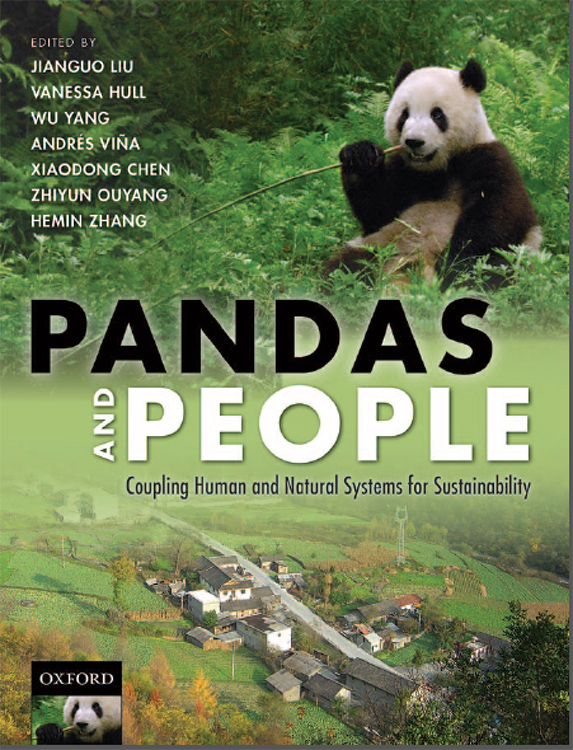Lesson 3: The only constant is change
Sustainability doesn't have pat endings.

Elegant policy carefully informed by good interdisciplinary science sounds like a dream ending, right?
Think again.
Wolong has taught us even successful policy really is just a lovely introduction to a new chapter of a coupled human and natural system. The real test comes in sticking with that situation to carefully monitor and continuing the research. It needs to be just the beginning of holistic relationship.
For years, China had been working to manage the natural competition that existed between the people who live there and the need to protect the delicate habitat of a biodiversity hotspot. That battlefield was a forest. People had reason to chop it down, animals – particular endangered giant pandas – needed it left alone to survive.
So, several policies created a conservation truce. But along the way there were surprises. When laws forbid cutting down trees, some residents took to sheering off all the branches, which imperiled swaths of forests.
But it was the horses that really threw MSU researchers. Vanessa Hull, then a PhD student who spent months living in and trekking about Wolong, kept finding huge patches of bamboo in the forest chewed down. A mystery until she ran across horses.
Horses traditionally hadn’t been kept in Wolong, but it recently had caught on as a financial investment by Wolong farmers. Pandas and horses eat about the same amount of bamboo, but a herd of more than 20 horses made for a feeding frenzy, decimating areas the reserve was established to protect.
Researchers solved the mystery. They informed reserve managers, who immediately developed policy to ban the horses.
Sustainability doesn’t have pat endings, but being committed to the constant, ever shifting balance between human and nature makes for a heck of a rewarding story.
Return to "Five Things Pandas Have Taught Us"




 Print
Print Email
Email




